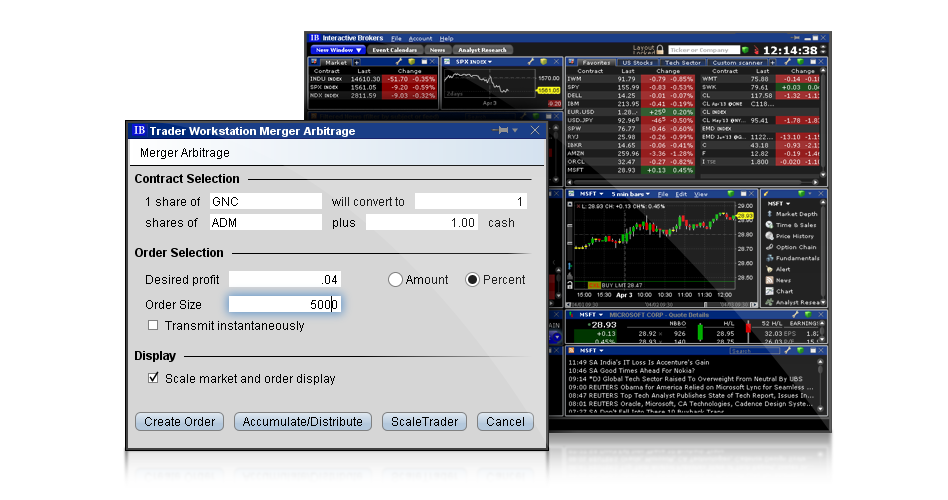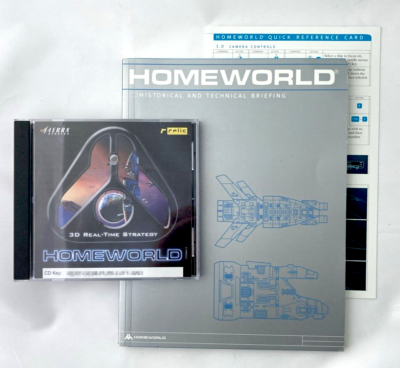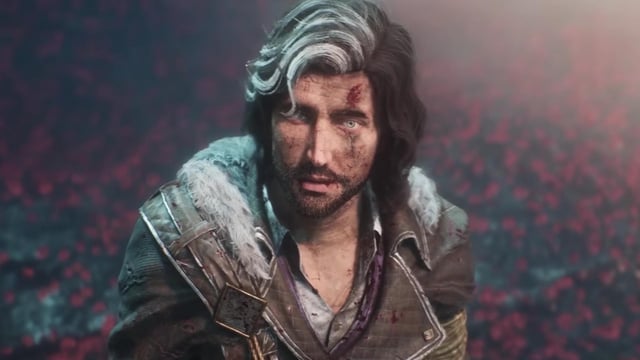Take-Two Interactive and Gearbox: What the Acquisition Means for PC Gamers The gaming landscape is constantly shifting, and the latest tremor comes in the form of a potential acquisition: Take-Two Interactive, the powerhouse behind Grand Theft Auto and Red Dead Redemption, is poised to acquire Gearbox Entertainment, the studio renowned for the Borderlands franchise and, more recently, Homeworld 3.
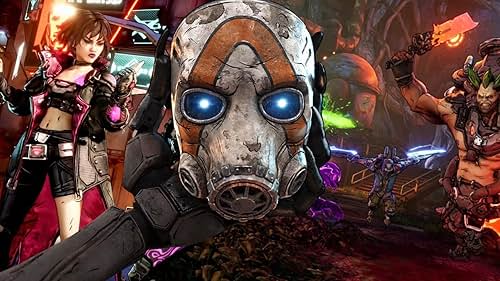
The gaming landscape is constantly shifting, and the latest tremor comes in the form of a potential acquisition: Take-Two Interactive, the powerhouse behind Grand Theft Auto and Red Dead Redemption, is poised to acquire Gearbox Entertainment, the studio renowned for the Borderlands franchise and, more recently, Homeworld 3. But what does this mean for us PC gamers? As a seasoned observer of the industry, I’m here to break down the potential implications, separate the hype from the reality, and offer some informed perspectives.
The Deal: A Quick Overview
While the final details are still being ironed out at the time of writing, the acquisition promises a significant shift in the industry's landscape. This move gives Take-Two control over Gearbox's impressive catalog, including Borderlands, Homeworld, Risk of Rain, Brothers in Arms, and more. The acquisition includes Gearbox Software, Gearbox Montreal, and Gearbox Studio Quebec. The terms haven’t been fully publicized but it’s expected to be a multi-million dollar deal, signaling Take-Two’s commitment to expanding its portfolio.
Gearbox's Significance to PC Gaming
Gearbox has deep roots in PC gaming history. Borderlands, with its looter-shooter gameplay and irreverent humor, found a natural home on PC, benefiting from the platform's flexibility and modding community. Borderlands 3, while a commercial success, had a rocky PC launch plagued by performance issues. However, Gearbox addressed these issues, demonstrating their commitment to the PC audience.
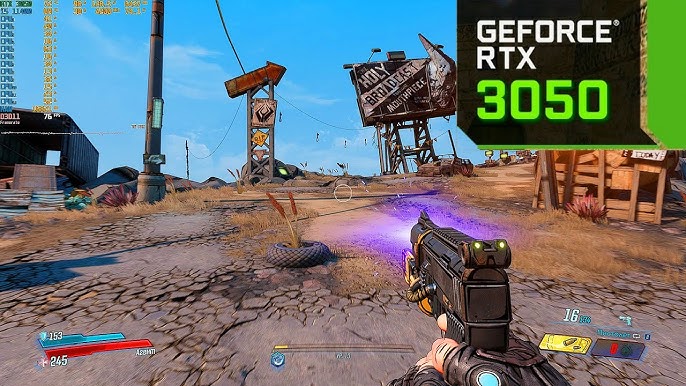
Then there's Homeworld. The original Homeworld and Homeworld 2 are seminal titles in the real-time strategy genre, celebrated for their innovative 3D space combat and compelling narrative. These games helped define PC strategy gaming and continue to influence the genre today. Homeworld 3, developed by Gearbox Quebec, aimed to recapture the magic of the originals, and its release highlights Gearbox's ongoing commitment to the PC platform.
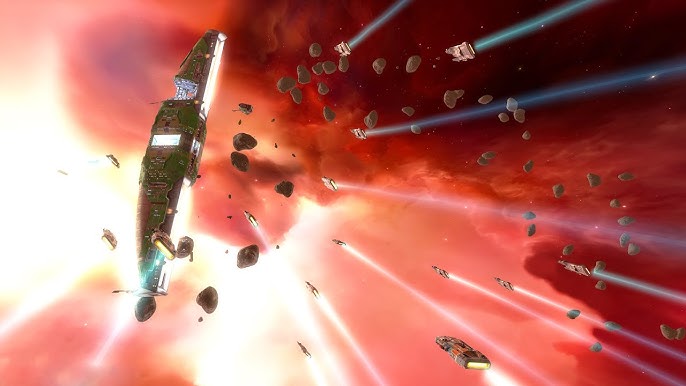
Take-Two's Vision: Impact on Development and Monetization
The big question is: how will Take-Two's ownership impact these franchises? We can look to Take-Two CEO Strauss Zelnick's past statements for clues. Zelnick has been vocal about his views on game development and monetization. He has stated that Take-Two focuses on "high-quality" titles and aims to deliver the "best entertainment experiences." This suggests that Take-Two may prioritize quality over quantity, which could be good news for fans concerned about over-monetization or rushed releases.
However, Zelnick is also known for his embrace of recurring consumer spending. During a past earnings call, he emphasized the importance of "ongoing engagement" and "recurrent revenue streams." This could mean an increased focus on live service elements and microtransactions in future Gearbox titles.
It's a delicate balance. While additional content and ongoing support can enhance the player experience, aggressive monetization can alienate fans. Take-Two will need to tread carefully to avoid damaging the goodwill associated with Gearbox's franchises.
Take-Two vs. Microsoft: A Different Approach
It's impossible to discuss gaming acquisitions without mentioning Microsoft's acquisition of Activision Blizzard. However, the Take-Two/Gearbox deal is fundamentally different. Microsoft's move was about acquiring a vast content library and establishing a stronger presence in cloud gaming and mobile. Take-Two, on the other hand, seems to be making a more targeted investment, acquiring a studio with a proven track record in specific genres, especially the looter-shooter and strategy spaces, with PC gaming strongly in mind. This focused approach could lead to more dedicated investment in Gearbox's PC-centric franchises.

Inside Gearbox Quebec: An Interview
To get a better understanding of how the acquisition is being perceived internally, I spoke with Emma Reyes, a senior level designer at Gearbox Quebec, who worked on Homeworld 3.
Q: How has the announcement of the potential acquisition by Take-Two affected morale and workflow at Gearbox Quebec?
Emma Reyes: "There's definitely been a mix of emotions. Some people are excited about the potential resources and stability that Take-Two could bring. Others are understandably concerned about potential changes to the studio culture or project priorities. Workflow-wise, we're trying to stay focused on our current projects and avoid getting too distracted by the uncertainty."
Q: What are your hopes and concerns regarding the future direction of the Homeworld franchise under Take-Two's ownership?
Emma Reyes: "My hope is that Take-Two recognizes the unique appeal of Homeworld and allows us to continue pushing the boundaries of the RTS genre. My concern is that they might try to shoehorn in monetization mechanics that don't fit the game, or shift the focus away from the single-player experience that Homeworld is known for."
Q: Do you anticipate any changes in the studio's creative process or project development cycle as a result of the acquisition?
Emma Reyes: "It's hard to say for sure. Take-Two has a reputation for giving its studios a fair amount of autonomy, but they also have clear expectations in terms of quality and profitability. We might see some changes in terms of budget allocation or project timelines, but hopefully, the core creative process will remain intact."
Q: Have you seen any differences in the studio since the Microsoft/Activision merger? If so, what are they and how do you expect that to go?
Emma Reyes: "We are pretty separate from the Microsoft/Activision situation, so thankfully we haven't really felt the effects of that merger. I expect that since Take-Two is more focused and smaller than Microsoft, that our situation will be similar. We will continue to run things how we have been, but with some additional guidance and budget."
Q: How do you think Take Two's monetization strategies will affect Gearbox games?
Emma Reyes: "That's the big question, isn't it? We all know Take-Two likes their live service games and recurring revenue. I think we'll definitely see more emphasis on post-launch content and potentially more microtransactions. The key will be finding a way to implement these things in a way that feels fair to the players and doesn't detract from the core gameplay experience."
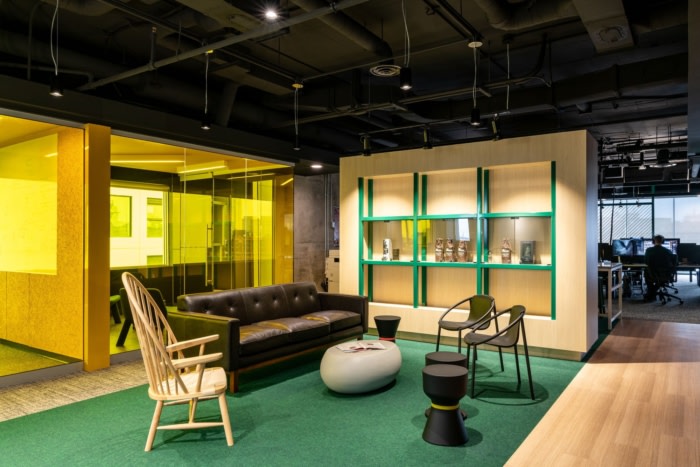
Potential Benefits and Risks for PC Gamers
So, what's the bottom line for PC gamers? The Take-Two acquisition of Gearbox presents both potential benefits and risks.
Potential Benefits:
- Increased Investment: Take-Two's financial backing could lead to increased investment in Gearbox's franchises, resulting in higher production values, more ambitious projects, and better post-launch support.
- Enhanced Quality: Take-Two's focus on quality could push Gearbox to refine its games and address technical issues more effectively, leading to a better experience for PC players.
- Continued Support for PC: Take-Two has shown a commitment to the PC platform with titles like Red Dead Redemption 2 and Grand Theft Auto V. This suggests that they will continue to support Gearbox's PC releases.
- Revitalized Franchises: Take-Two's expertise could help revitalize dormant franchises like Brothers in Arms or even lead to new entries in the Homeworld series.
Potential Risks:
- Shift in Development Priorities: Take-Two might prioritize franchises with broader appeal, potentially neglecting niche genres like RTS.
- Aggressive Monetization: As mentioned earlier, Take-Two's focus on recurring revenue could lead to the implementation of intrusive microtransactions or a shift towards live service models that don't suit all games.
- Creative Constraints: Take-Two's corporate structure could impose creative constraints on Gearbox, potentially stifling innovation and originality.
The Road Ahead

The Take-Two acquisition of Gearbox is a significant development for the PC gaming world. It has the potential to bring increased investment and innovation to beloved franchises like Borderlands and Homeworld. However, it also carries the risk of shifting development priorities and more aggressive monetization strategies. As seasoned PC gamers, we should be cautiously optimistic, keeping a close eye on how Take-Two manages Gearbox and advocating for the kind of games and experiences we want to see. Only time will tell what the future holds, but one thing is certain: the gaming landscape is always evolving, and we must be ready to adapt and voice our opinions to shape the industry for the better.
